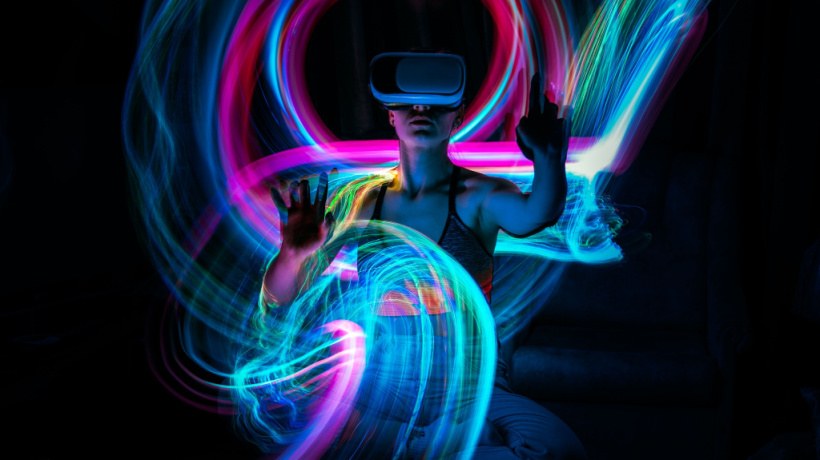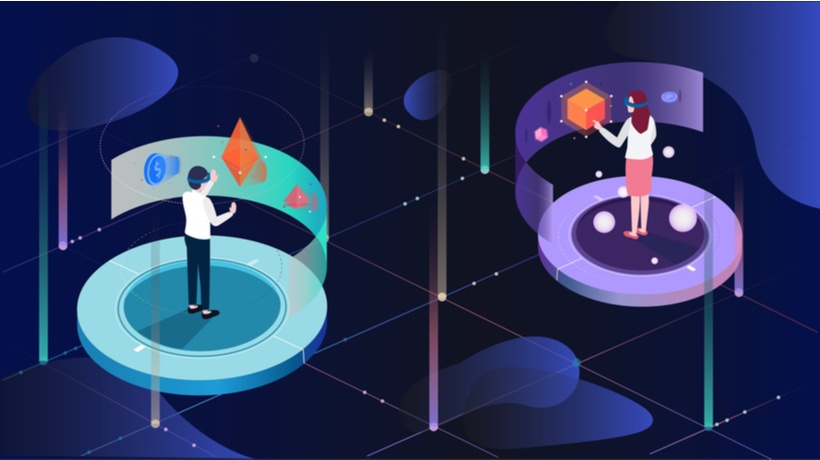The Role Of NFTs In Education
The world of education is constantly evolving, and the emergence of non-fungible tokens (NFTs) has revolutionized the way we learn and teach. NFTs are digital assets that are unique and cannot be replicated, making them a perfect fit for the education sector. From digitizing educational certificates to creating interactive learning experiences, NFTs are transforming the education landscape. In this article, we will explore how NFTs are being used in education and the benefits they offer to students and educators.
What Are NFTs In Education?
NFTs, or non-fungible tokens, are a type of digital asset that uses blockchain technology to certify their uniqueness and ownership. In simple terms, an NFT explained is a digital certificate of ownership that verifies the authenticity and provenance of a digital asset. Each NFT is unique and cannot be replicated or replaced, which makes them valuable for collectors and investors. NFTs can take many forms, including digital art, music, videos, and other types of digital content.
The metaverse is transforming the eCommerce landscape by creating new opportunities for brands to connect with consumers in immersive virtual environments, and this trend is also beginning to impact the field of education, where NFTs are being used to verify and showcase students' academic achievements. NFTs can represent anything from digital art to educational certificates, making them versatile and applicable to a wide range of use cases.
How Are NFTs Used In Education?
NFTs can be used in education to certify the ownership and authenticity of digital certificates, degrees, and other academic achievements. They can also be used to create digital portfolios that showcase students' skills and achievements, as well as personalized learning experiences tailored to individual students' needs and interests.
Additionally, NFTs can be used to create micro-credentials that represent specific skills or knowledge areas, making it easier for students to demonstrate their expertise in a particular subject.
NFTs are being used in various ways in education, including the following.
Digital Certificates
NFTs can be used to digitize educational certificates, making them tamper-proof and easily shareable. This can eliminate the need for paper certificates, reduce the risk of fraud, and make it easier for employers to verify the authenticity of a candidate's credentials.
Interactive Learning
NFTs can be used to create interactive learning experiences that are engaging and immersive. For example, a student could use an NFT to access a Virtual Reality environment where they can practice their language skills or explore a historical site.
Fundraising
NFTs can be used to raise funds for educational institutions or specific projects. For example, an institution could create an NFT that represents a piece of artwork created by a student, and auction it off to raise funds.
Collectibles
NFTs can be used to create collectibles that represent achievements or milestones. For example, a student could receive an NFT for completing a course or achieving a certain grade.
Benefits Of NFTs In Education
NFTs offer several benefits to students and educators, including:
- Security: NFTs are tamper-proof and cannot be replicated, ensuring that educational certificates and other important documents are secure.
- Interactivity: NFTs can be used to create immersive and interactive learning experiences that are engaging and fun for students.
- Verification: NFTs make it easier for employers to verify the authenticity of a candidate's credentials, reducing the risk of fraud.
- Flexibility: NFTs can represent anything from educational certificates to collectibles, making them versatile and applicable to a wide range of use cases.
Challenges In Adopting NFTs In Education
While NFTs offer several benefits, there are also some challenges in adopting them in education, such as:
- Technical expertise: Creating and managing NFTs requires technical expertise, which may be a barrier for some institutions.
- Cost: Developing and implementing NFTs can be costly, which may make it difficult for smaller institutions to adopt them.
- Integration: Integrating NFTs with existing educational systems and processes can be challenging, particularly in larger institutions.
- Standardization: Currently, there is no standardization for NFTs in education, which can create confusion and uncertainty.
Future Of NFTs In Education
Despite these challenges, the future of NFTs in education is promising. As technology becomes more widespread and accessible, we can expect to see more educational institutions adopting NFTs. Some potential future applications of NFTs in education include:
- Personalized learning: NFTs can be used to create personalized learning experiences tailored to individual students' needs and interests.
- Digital portfolios: NFTs can be used to create digital portfolios that showcase students' skills and achievements, making it easier for them to demonstrate their abilities to potential employers.
- Micro-credentials: NFTs can be used to create micro-credentials that represent specific skills or knowledge areas, making it easier for students to demonstrate their expertise in a particular subject.
- Decentralized learning: NFTs can be used to create decentralized learning environments that are not tied to any particular institution or organization, enabling learners to access educational resources from anywhere in the world.
Final Thoughts
NFTs in education offer a range of benefits, from security and interactivity to verification and flexibility. While there are some challenges to adopting NFTs in education, the potential applications of the technology are promising. As technology becomes more widespread and accessible, we can expect to see more educational institutions using NFTs to enhance the learning experience and prepare students for the digital age.







